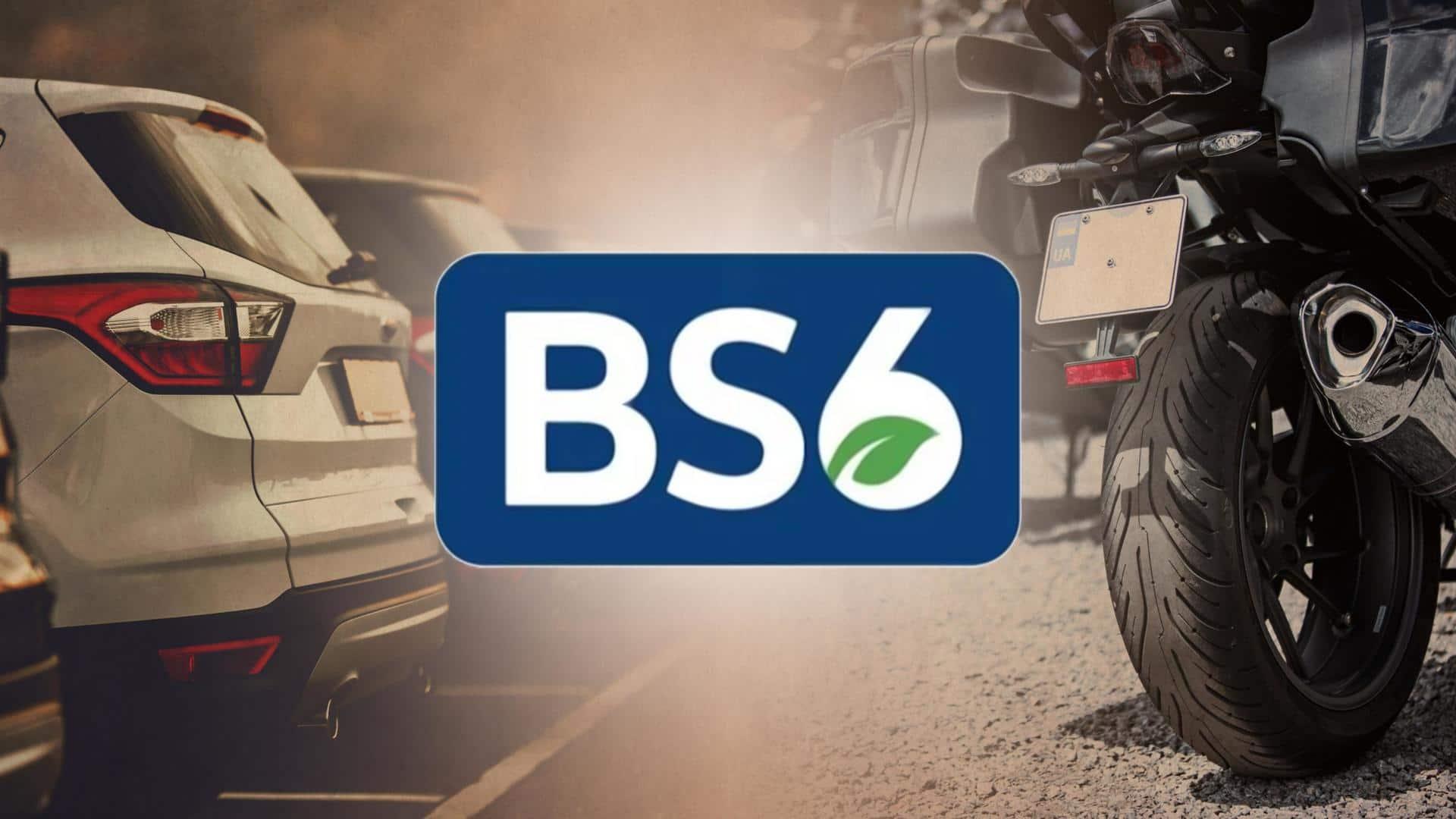
How are BS6 Phase 2 norms making cars, bikes costlier
What's the story
The BS6 Phase 2 emission norms came into effect in India on April 1. Now, automakers on our shores are scrambling to update their vehicles so that they comply with the latest regulations.
To this end, bikes and cars are being fitted with new gadgetry, which is raising development costs and ultimately pushing their prices upwards.
Here are more details.
Details
First, what do the BS6 Phase 2 norms entail?
The second phase of BS6 norms comprises Corporate Average Fuel Economy (CAFE 2) and Real Driving Emissions (RDE) regulations. They measure emission levels of four-wheelers under test as well as real-world conditions.
Meanwhile, the On-Board Diagnostics (OBD 2) rule is now valid for two-wheelers. It permits access to the vehicles' various sub-systems, to ensure easier diagnostics.
Goods
What new components are being introduced?
BS6 Phase 2 norms dictate that new vehicles have to pack a self-diagnostic device. It monitors emission levels during driving and warns the driver when emissions surpass the prescribed parameters.
There are also programmed fuel injectors that aid in bringing the amount of fuel burnt while driving under control.
Finally, sophisticated semiconductors that monitor engine pressure, throttle, and air intake pressure are being introduced.
Reality
R&D costs are being passed on to customers
The auto industry is already reeling from a shortage of semiconductors. At such a time, installing high-quality semiconductors in vehicles is bound to drive up costs for OEMs.
The long list of upgrades, including the incorporation of self-diagnostic devices requires spending a lot of money on research and assembly line, which is ultimately passed on to the customers. No wonder, vehicles are getting costlier.
List
Automakers are thinning their portfolio
As a knee-jerk response to the new norms, several automakers have also axed models instead of updating them.
The list of discontinued models now includes the Nissan KICKS, the 4th-generation Honda City, Honda WR-V, Mahindra KUV100, Mahindra Marazzo, the Renault KWID, and the Maruti Suzuki Alto 800.
The diesel-powered iterations of the Tata Altroz and Hyundai i20 are also included in that list.
Hike
Several brands have raised prices this month
Post implementation of the BS6 Phase 2 emission norms, Hyundai cars are now up to Rs. 12,600 more expensive, while Volkswagen has increased prices by up to Rs. 70,900.
Mercedes-Benz vehicles are now costlier by Rs. 20 lakh. Finally, Maruti Suzuki, Kia, and Tata Motors' cars are dearer by 0.8%, 3%, and 5%, respectively.
Other brands are also expected to follow a similar step.